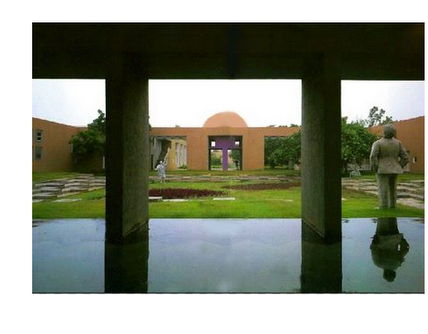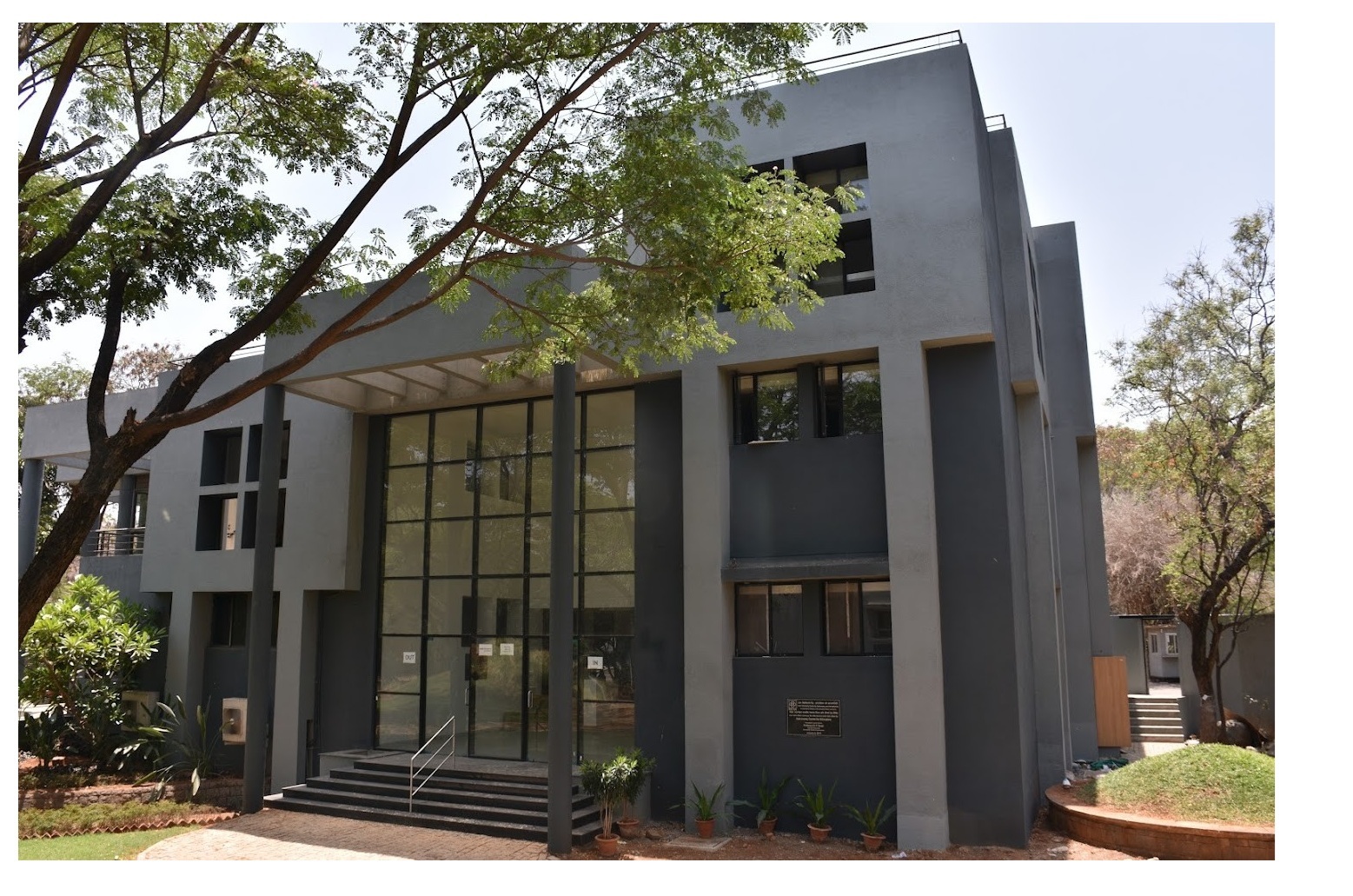About IUCAA:
 The Inter-University Centre for Astronomy and Astrophysics (IUCAA), Pune, is a leading centre for research on a wide range of areas in Astronomy and Astrophysics and Physics. IUCAA is located within the Savitribai Phule Pune University Campus.
The Inter-University Centre for Astronomy and Astrophysics (IUCAA), Pune, is a leading centre for research on a wide range of areas in Astronomy and Astrophysics and Physics. IUCAA is located within the Savitribai Phule Pune University Campus.
IUCAA offers challenging opportunities to young researchers in theory, observation, and instrumentation in Astronomy and Astrophysics. In addition to operating the IUCAA Girawali Observatory, which has a 2-m optical telescope, IUCAA plays a leading role in the Indian contribution to international astronomical projects like the TMT and LIGO. IUCAA is also a leading participant in the space-based missions Astrosat and Aditya-L1.
 Astronomy Centre for Educators:
Astronomy Centre for Educators:
The Astronomy Centre for Educators (ACE) was established in 2018, with support from the University Grants Commission under the PMMMNMTT programme, initially hosting the Teaching Learning Centre (TLC) and the National Resource Centre (NRC) for astronomy and astrophysics. The TLC project has transformed into the Malaviya Mission Teacher Training Centre (MMTTC) since September 2023. Its activities contribute towards one of the core objectives of IUCAA, namely improving pedagogic processes and enhancing research activity in astronomy and astrophysics in institutions of higher education in the country.
School on Optical Astronomy Techniques:
The School on Optical Astronomy Techniques (SOAT–2026) Technique for faculty/educators and students of colleges and universities will be organized by IUCAA’s Astronomy Centre for Educators (ACE) during February 3 – 13, 2026, at the IUCAA campus in Pune.
IUCAA has a concentration of expertise in optical instrumentation and observations, with research spanning galactic, extragalactic, and cosmological studies. The school aims to provide focused and in-depth coverage of theory, techniques, and applications of optical astronomy, combined with experiment-based learning.
The Astronomy Centre for Educators (ACE) at IUCAA promotes astronomy education in both theoretical and experimental domains, with an emphasis on higher education. Through this school, participants will gain exposure to optical observational methods, instrumentation, data analysis, and experiment-based understanding of fundamental concepts in optical astronomy.
Objectives of the school:
